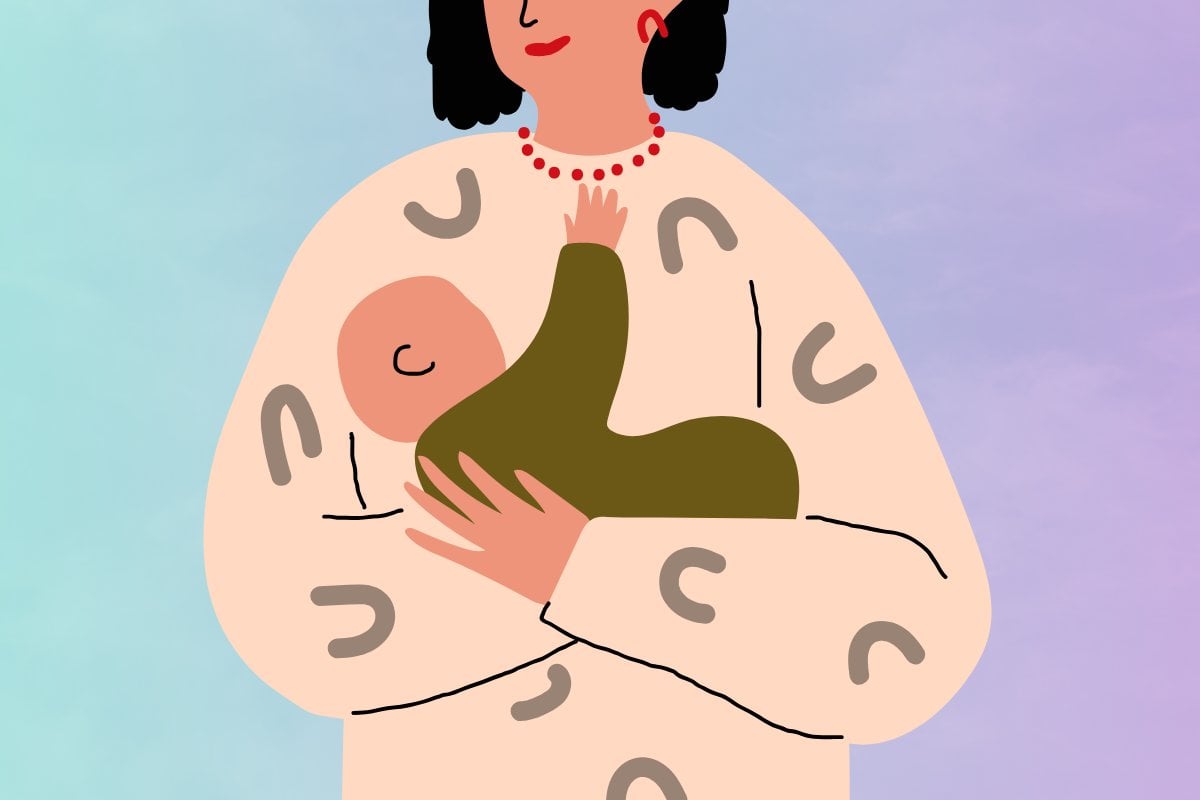
Sleep training can make life much harder for both mother and baby, according to Adjunct Associate Professor Pamela Douglas who is using the latest neuroscience findings to re-educate families on baby’s sleep.
She believes the current methods of sleep training, which include techniques such as delayed response to infant’s cues, feed-play-sleep cycles and avoiding overtiredness and overstimulation, grounded in ideas from the 1950s and 1960s are broken and an alternative paradigm, in which infant night-waking is normalised, needs to be adopted.
“The Possums Sleep Program focuses on two biological sleep regulators – the circadian clock and the sleep/wake homeostat. It is the only program in the world which doesn’t rely on the traditional behaviourism methods.
“We don’t talk about overtiredness and overstimulation. We want to ensure the baby gets enough rich sensory input. Families are being told the minute a baby gets grizzly to get them to sleep, but what they are really needing is a change of environment.
“When there is plenty of activity and social engagement sleep looks after itself. Sleep can happen flexibly and on the go in a satisfying way for the parent,” Associate Professor Douglas said.
Watch: Here's how to get a newborn baby to sleep. Post continues after video.
She said often excessive night waking is caused by a disruption to the circadian clock from big blocks of daytime sleep or in the first few months of life from underlying breastfeeding problems.




























































































